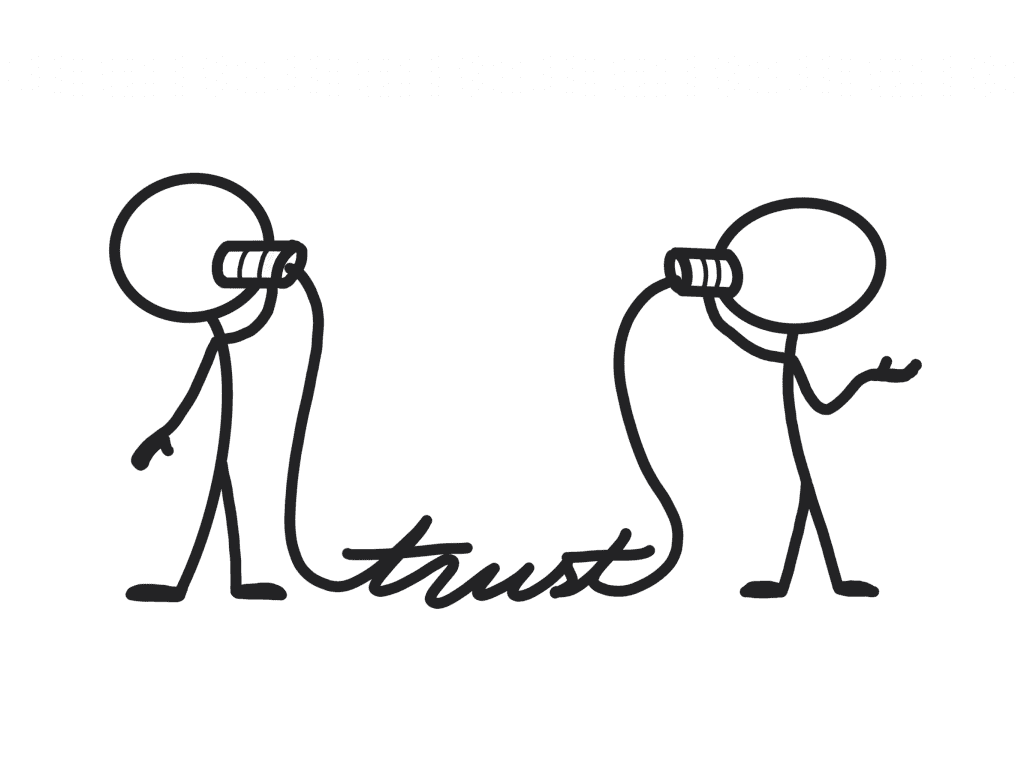STIR/SHAKEN: Where Do We Go Next?
To understand where STIR/SHAKEN is taking us, it is important to understand how we got here and the people responsible for this upcoming regulation. Since 2019 we have experienced close to 60 billion fraudulent robocalls in the United States. And that number is climbing. This surge in fraudulent communication has caused individuals all over to stop answering their phones unless the caller ID is recognized as a trusted source.
Physical networks have a huge part to play in how trust is viewed. As networks developed, the standard was ‘to be connected is to be trusted’. There was no thought given to identity, security, or trust.
Since the early invention of the telephone, Physical networks were the only way to connect to each other. This was done through:

- Termination points
- Physical securities
- Real addresses
Things are different now. With the introduction of the internet and VoIP communication methods, all terminations points, physical securities, and real addresses could be virtually anywhere. As an industry we must do all we can to ensure our networks are trusted regardless of communication method.
The State of the Industry
Starting around 2018 software and phone manufacturers such as Apple and Google began attempting to help the situation by providing call labels or identifiers such as Spam or Potential Fraud. This is known as Call Labeling or Call Blocking. This practice was not expected to be a one-size solution to easing the illegal calls, but a stop-gap to the Federal Trade Commissions (FCC) STIR/SHAKEN, an industry-wide initiative to help protect from call spoofing.
STIR/SHAKEN is a framework designed to certify each call. Commonly known for STIR (Secure Telephone Identity Revisited) / SHAKEN (Signature-based Handling of Asserted information using toKENs). The FCC’s plan is basically about validating caller and callee identities with originating and terminating carriers. All telecommunications providers have until June 30, 2021 to implement.
The STIR/SHAKEN Process
What is the FCC Doing to Help
In order to restore complete trust and faith in phone calls, the FCC is requiring all providers to implement STIR/SHAKEN in their networks by June 30, 2021.
The FCC has also introduced the TRACED Act and additional rules to ensure that those providers that are unable to implement STIR/SHAKEN right away are still taking the steps to protect and authenticate calls.
Over the next couple of months and as the deadline approaches, the FCC is going to require that all providers be certified in a database and that STIR/SHAKEN has been implemented as part of their robocall mitigation strategy. In addition to database certification, the FCC will require contact information from each company to be registered along with a description of what steps are being taken to protect callers from illegal robocalls.
Check out some additional resources from the FCC below.
- FCC Mandates STIR/SHAKEN to Combat Spoofed Robocalls (March 31, 2020)
- FCC Adopts New Rules to Combat Spoofed Robocalls (September 29, 2020)
- Request for Extension of STIR/SHAKEN Deadline and Petition Filed (December 4, 2020)
- FCC Issues Caller ID Authentication Best Practices (December 22, 2020)
- Seven Voice Service Providers Qualified for Stir/Shaken Exemption (December 23, 2020)
- Report to Congress on Caller ID Authentication Implementation Process (December 29, 2020)
- FCC Adopts Call Authentication Trust Anchor Second Further Notice (January 13, 2021)
Where We Go From Here
If you are a consumer there is not much you can do, but wait for the illegal robocalls to stop. If you are a business or call center operating under guidelines of communicating with consumers you should begin looking into your software or telecommunications providers to ensure they are ready.
TCN introduced in mid-2018 its Phone Number Registration process and has also taken the necessary steps to ensure communication that travels over its networks is ready. It is time to restore trust.
TCN is also preparing for the implementation of STIR/SHAKEN in several ways:
- TCN plans to offer Full Attestation or Partial Attestation for all numbers that clients acquire through TCN. Importantly, clients will be able to take advantage of these higher-level authentication metrics when STIR/SHAKEN is implemented without doing anything.
- For clients that do not port their numbers to TCN, TCN can offer Gateway Attestation. (Clients wishing to take advantage of higher attestation should port their numbers to TCN.)
- TCN is tracking FCC developments closely and actively participating in FCC proceedings to ensure its and its clients’ perspectives are heard.
Download TCN’s Guide to Understanding Call Blocking and Labeling to learn more.
What About Robocalls: Not All Are Bad
Contrary to popular belief, not all robocalls are bad. Many of us, including myself, have received calls from a bank stating a fraudulent charge had been detected on my account. Or better yet, a planned outage from a utility company or unexpected lapse in autopay information for your favorite subscription.
There are lots of industries that rely heavily on communicating vital information to consumers.
- Healthcare
- Utilities
- Notifications
- Emergency Response
- Collections
Start today. Verify your trust with TCN and Request a Demo today to learn more.
